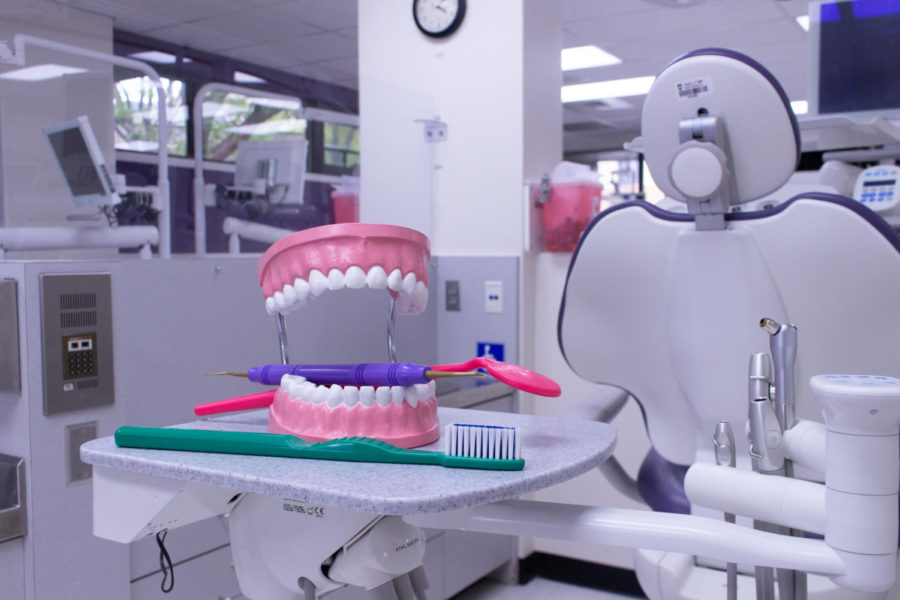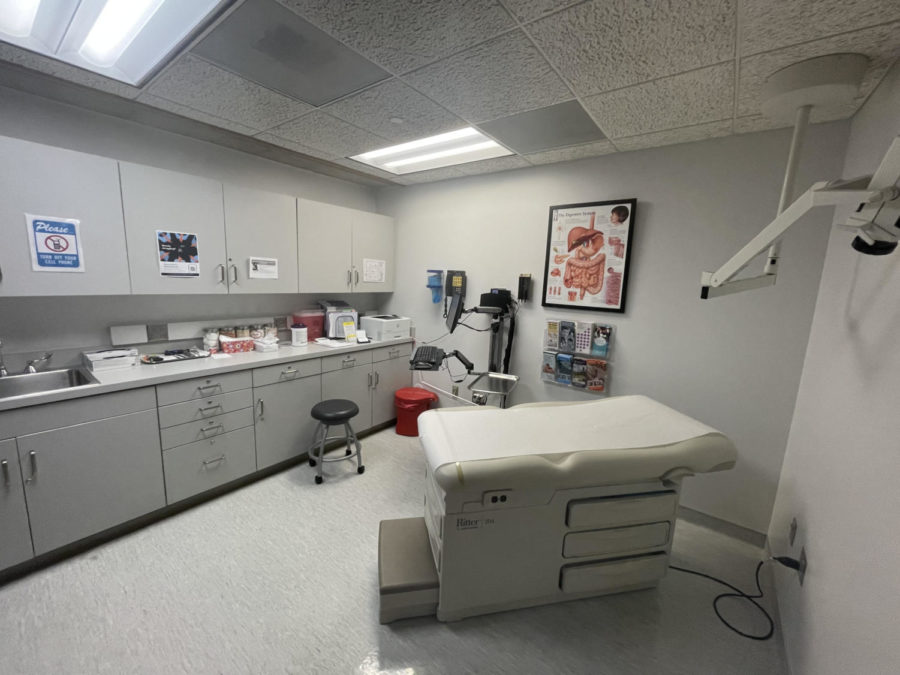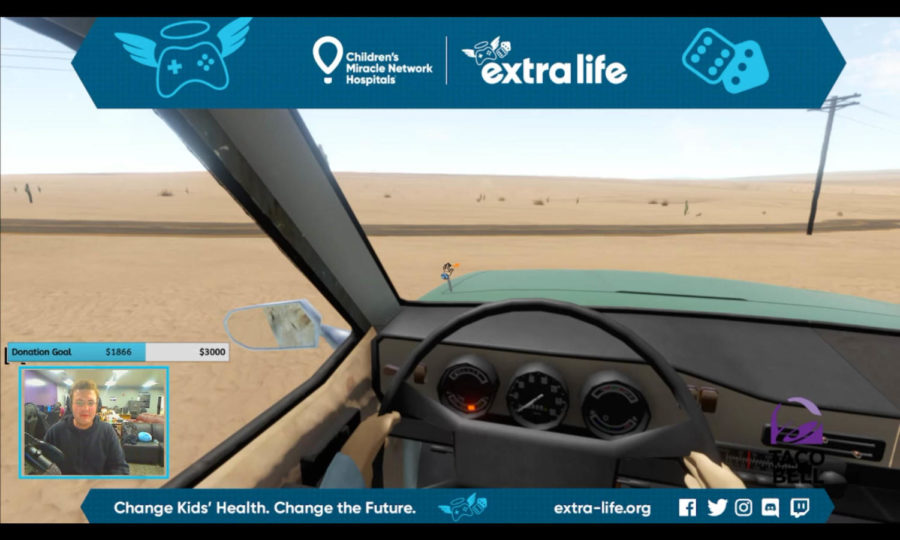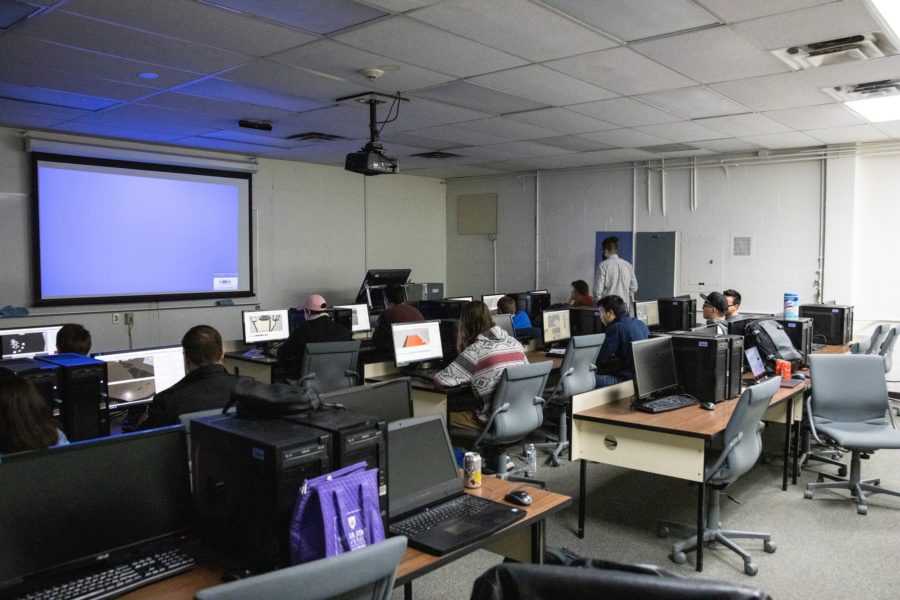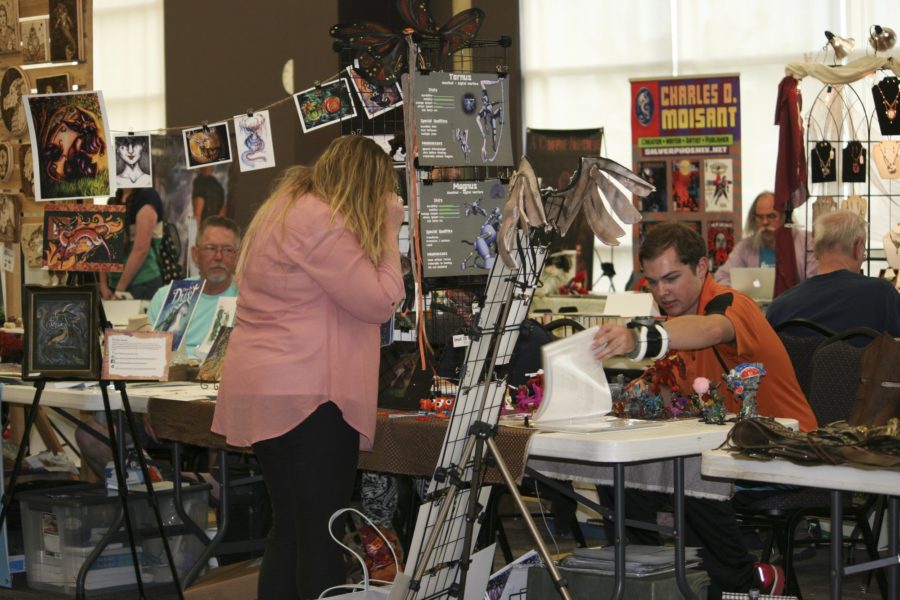It turns out that hours of video games could be training future doctors.
Dr. James Rosser of the Florida Hospital Medical Group says video games may be key to the hand-eye coordination that is so valued in surgeons.
Rosser is president of the Society of Laparoendoscopic Surgeons.

Laparoscopic surgery, also known as minimally invasive surgery, involves creating a tiny incision, putting a small camera and long, thin instruments inside and then operating by looking at a television screen to which the camera sends feedback. It is also referred to as “keyhole” surgery.
The hand-eye coordination and small movements required for laparoscopy seemed similar to video gaming skills to Rosser, which is why he conducted studies to see whether gaming really gave surgeons an edge.
It may sound crazy, but scientists put the theory to the test.
Rosser and other researchers tested more than 300 surgeons. Half of them warmed up with six minutes of video games before completing a virtual surgery-training program called the Top Gun Laparoscopic Skills and Suturing Program. The other half had no warm-up.
The scores were compared with those of thousands of previous surgeons and found those who gamed beforehand were faster and made significantly fewer errors.
At least 50,000 patients die from surgery mistakes every year, as show on www.celebrationsurgeons.com. This not only costs lives, but reflects poorly on hospital reputations.
“An athlete would never just jump onto the field without warming up his or her body for competition,” Rosser said in a Florida Hospital press release.
His research shows surgeons who regularly played at least three hours a week of video games made 37 percent fewer mistakes and were 27 percent faster in their practice endeavors.
The average American teenager, on the other hand, plays 13.3 hours of video games per week, according to www.education.com.
The authors concluded, “The use of a short, six to 18 minute warm-up session utilizing select video games . . . may be beneficial in increasing performance and suppressing technical errors.” Video gaming improved surgical technique in surgeons because minimally invasive surgery is also done while looking at an electronic screen, and gaming familiarized surgeons with that.
The work was published in the Journal of the Society of Laparoendoscopic Surgeons and Rosser wrote a book titled “Playin’ to Win: A Surgeon, Scientist, and Parent Examines the Upside of Video Games.”
Amy Bevan, a junior at Weber State University who is working on a double major in early child and elementary education, does not play video games, but has friends whose kids do and believes video games are not a waste of time. Nor is she surprised video games are being used to train surgeons. “It’s just the way technology is,” Bevan said.
Gaming is also a cheaper way to develop coordination, teamwork and non-dominant hand skills than the $200,000 simulators for sale on the medical market, as told by www.healthbeatblog.com.
Specific video games were shown to produce better results than others because they required the same reflexes as minimally invasive surgery. Super Monkey Ball was Rosser’s favorite.






